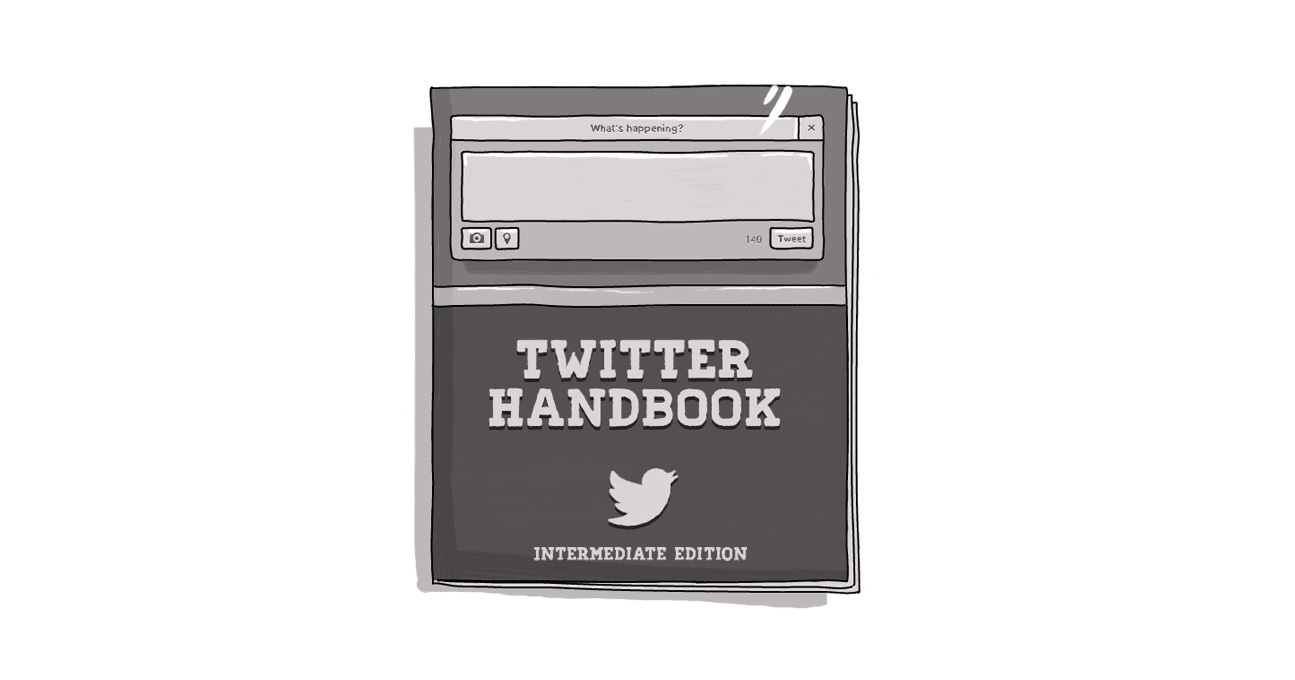Should You Be on Twitter? Absolutely Yes and Maybe No

Should your business be on Twitter? Well the answer is simple. Absolutely Yes. And Possibly No.
It all depends on what you're looking to get out of it.
From a strictly marketing perspective, the answer may very well be no. I've often said that just because everyone can write, doesn't mean everyone should. That holds true for social media of all types. If you're setting up a corporate Twitter account just to keep up with the Joneses, then you're doing it for the wrong reasons and it will be reflected in the quality of your content.
Having a Twitter feed, a Facebook page (or insert whatever social network you'd like to reference here: Snapchat, Instagram, YouTube, etc.) requires dedication, effort, and a strategy. It's a representation of your business and a way to share information and interact with your customer base. Just as you would have defining customer service and marketing messages, so too should you have a plan of action when it comes to social media.
If you're not willing to do that, or if you're not able to dedicate the time and resources, then I don't believe that all businesses have to be on Twitter. In fact, I think that it can be counterproductive if you're not going to invest in it.
So there's the "Possibly No."
But from a personal perspective -- and as an educational tool -- I think Twitter can be invaluable, but not likely for the reasons you think.
One of Twitter's greatest benefits is that it helps you be a better marketing writer. And that's the "absolutely yes" of this argument.
In 140 characters, you have to learn how to get your point across, make it compelling, and provide some sort of call to action. That's alleviated a bit by the news that Twitter may be removing links and photos from its character count, but still 140 characters is not a lot.
That's 28 little words to make an impact.
Now, I don't believe in TL/DR. I think longer copy can be compelling in its own right. But as a starting point, learning how to be concise in your writing is a skill. This is more than getting rid of the extraneous "that" or hacking out the empty buzzwords. Shorter copy mandates being more active, direct, and focused.
When consulting with clients, I try to encourage them to focus on the end user -- really embrace the idea of "What's in it for me?" and then ensure that it's presented to the user in the most direct way.
That doesn't mean you copy has to be dry and mechanical. There is always going to be room for creativity and fluidity in writing. But understanding how to be direct can augment your writing -- and prevent it from meandering all over the place.
Twitter, for that reason, is an amazing educational tool. So while it may not be the right venue to promote your business, it is a great place for you to explore personally. And the lessons you learn in being concise and direct can translate to all your content needs.
How can I write better?
SUBSCRIBE TO OUR E-NEWSLETTER
 Subscribe
Subscribe


